On my flight from New York to Paris (en route to Douala), I sat next to a Man from Mali making a living selling African artwork in a New York based gallery. As he pulled out a primitive looking, wooden figure from under the seat in front of him, he explained how these sculptures had been passed down in families, from generation to generation for literally thousands of years. Talk about tradition. He told me about his wife, whom he quickly informed me he had ‘chosen himself’, meaning his marriage had not been arranged. He was part of the “new generation”. His father went to college in Paris and although his father’s marriage was arranged, he wanted his son to have a choice. His father was what he called a “forward thinker”.
We began discussing why he left Mali and how he had come to live in Paris and do business in New York. He described the “lack of opportunity” in Mali and began to recount his brother’s experience: His brother, who had studied economics, was offered a job in the U.S. working for the World Bank. Once his brother returned to Mali, he was given a ministerial position in the government. After experiencing the American systems, however, there were many things in Mali that he wanted to change. “The president didn’t agree, so my brother lost his job.”
He expressed how difficult it is to find a job in Mali, and even when you do, it can be taken away without a justifiable reason. I understood why he and his brother wanted to leave Mali, but I silently wondered, “what is it that makes them want to return?” Before I could ponder the question for too long, it was inadvertently answered - we began talking about children. Although he doesn’t have any yet, when I asked where he would raise a family, he unequivocally answered that his children would live in Mali by the age of 10. I was confused. I thought there weren’t enough opportunities. Why would he want his children to struggle the way he had? He explained that while he absolutely loves America and the opportunities available, it is the tradition that is most important to him. The family tradition. The “African way”.
At the time, I’m not sure I understood his words. When is tradition more important then opportunity and work? But after spending only two weeks in Cameroon, it is clear to me, what he meant by the “African way”. So much of African culture is deeply rooted in traditions. Tradition is who you are, where you come from, and to some extent where you are going. Opportunity, your job, is only what you do. So what if you have to choose? How do you decide which is more important? Success and opportunity or tradition?
In Cameroon, I met a young man, Jonas, on a bus from Bamenda to Buea. He had spent the weekend in Bamenda with his family and was returning to Buea for school on Monday. He was studying for most of the daylong bus ride - Biochemistry. He wants to go to medical school to become a doctor in America. Why America? I knew the answer before I asked the question - To “make money so he could support his family”. Would he come back to Cameroon? Of course. Not only does he want to help his family, he wants to serve the people in the country he loves. While Jonas ultimately wants to live with his family in Bamenda, he said it would be easier to find a job and make money in America.
In the U.S., for most, education can be directly converted into a job, which is then translated into money. In Cameroon, it’s not so simple. Educating yourself does not guarantee you employment. The unemployment rate in Cameroon is around 30% (2001 est.) and a large portion of those unemployed have college level degrees.
I realized, it’s not either opportunity OR tradition, it’s opportunity so that tradition. It’s about doing whatever you have to do to keep your family, your country, your tradition, and therefore yourself, alive. This not only solidifies my conception of African strength and resilience, it explains how tradition plays a large role in the development of these qualities.
Winston Churchill said, “A love for tradition has never weakened a nation, indeed it has strengthened nations in their hour of peril.”
Friday, September 7, 2007
Subscribe to:
Post Comments (Atom)
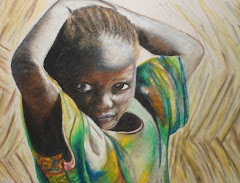
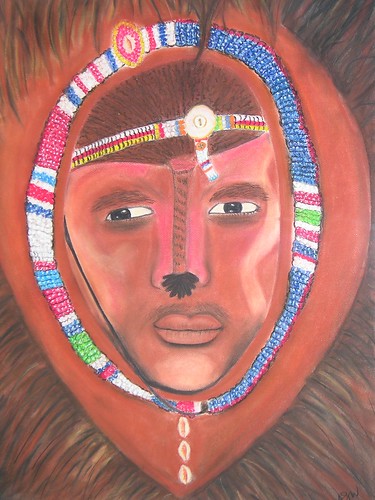
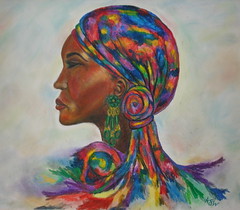
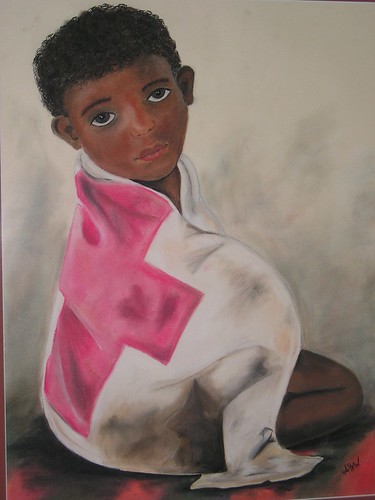
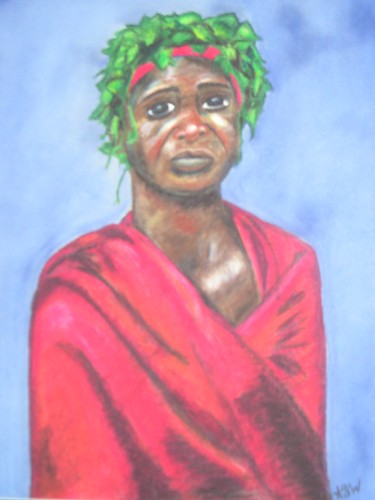
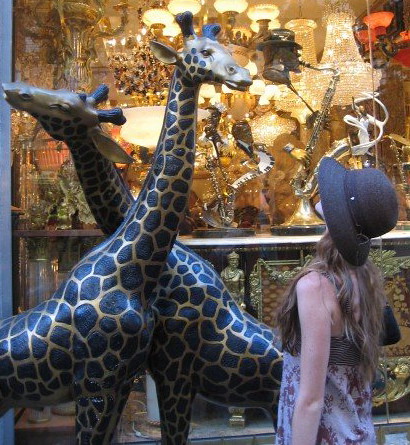

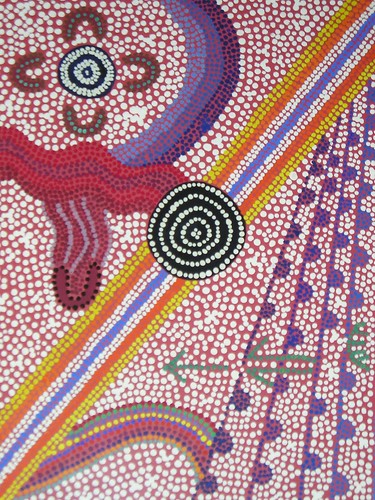



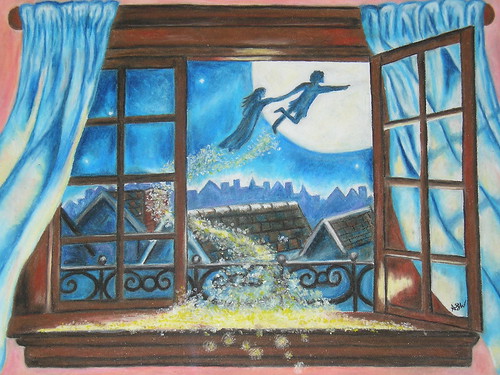

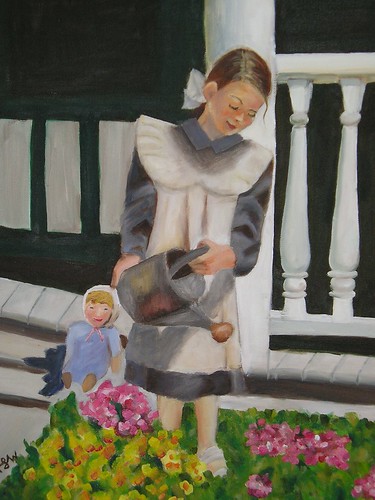
No comments:
Post a Comment